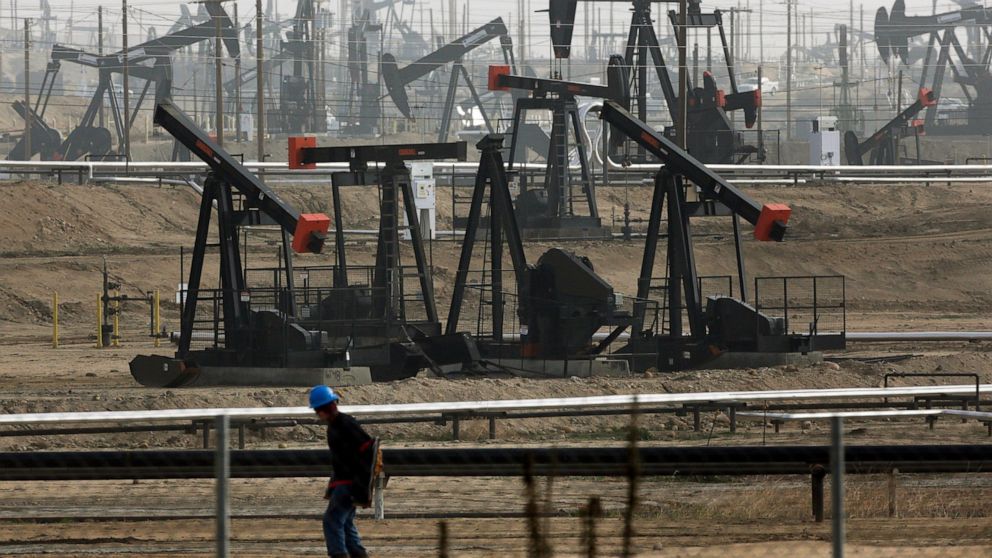- Sep 19, 2011
- 28,421
- 10,007
- 900
- Thread starter
- #261
BTW...what is your source for "90% of our domestic oil production comes from private and STATE OWNED"?Where are you getting this information Ray?That’s not accurate, they produce when market prices make it economically viable to produce, otherwise they leave the oil in the ground.
Not really. Given most of our energy comes from private land, it's private land owners that hold off. They'll sit on it until the price increases which is why it's important to have fuel come from public lands.
BTW 90% of our domestic oil production comes from private and STATE OWNED land and private land lease holders have no incentive to “hold off” since they don’t bear any of the costs for production and get paid on the basis of up front fees and royalties thus “holding off” would gain them nothing.
Producers on the other hand aren’t going to pump oil out of the ground when the costs of pumping, storage and transport are greater than what the market is paying for oil, after they’d be losing money if they did.
Now here are the facts:
About a quarter (25%) of U.S. oil and an eighth of the nation's natural gas is produced on federal lands.
Supporting link:

Oil from federal lands tops 1B barrels as Trump eases rules
Oil production from federally-managed lands and waters topped a record 1 billion barrels last year
The federal share of total U.S. crude oil production fell from its peak at nearly 36% in 2009 to less than 24% in 2017 at the same time overall production increased
Supporting link:
And the primary cause for the decline form 36% when Biden took office to less 24% when he left...
This chart should educate you!

